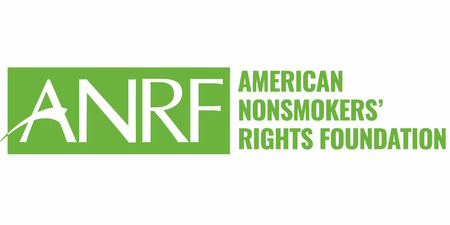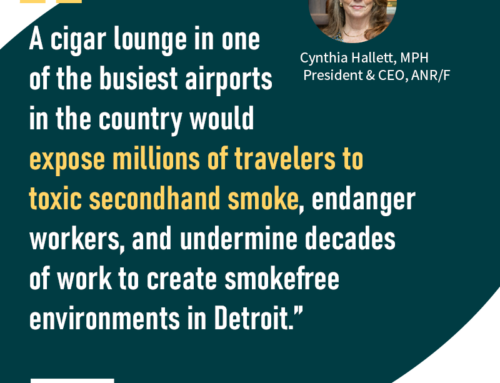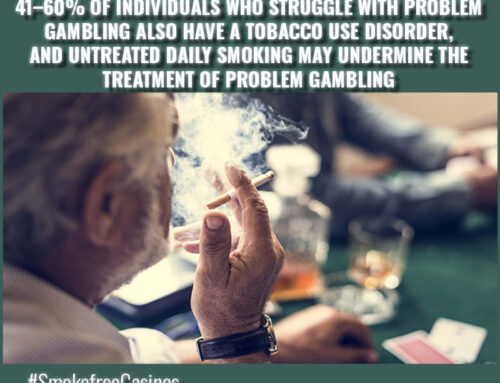Pharmacies are healthcare facilities where people go to buy products and services to stay healthy and to get better when sick.
Cities and states have the right to expect that healthcare facilities such as pharmacies should not be contributing to the tobacco epidemic. Ending the sale of tobacco products in pharmacies is an important part of ongoing efforts to lower tobacco-related disease burdens. CVS finally went tobacco free in 2014, but other chain pharmacies did not. In fact, Walgreens was named by the FDA in 2019 of being the #1 violator of illegal underage tobacco sales to youth. This is why nearly 200 US cities and Massachusetts now have laws requiring pharmacies to be tobacco-free.
ANR Foundation’s list of Municipalities with Tobacco-Free Pharmacy Laws
Learn more by scrolling through our list of other resources at the end of this post.
History of Tobacco-Free Pharmacies
In August 2008, San Francisco, CA became the first U.S. city to adopt a tobacco-free pharmacy law, with significant opposition from Walgreens and the tobacco industry. See Walgreen’s action alert opposing the San Francisco law.
San Francisco’s ordinance was challenged in court. Walgreens, the nation’s largest pharmacy chain, and Big Tobacco giant Philip Morris each filed restraining order requests seeking to block implementation of the law. Courts denied both requests and allowed the law to go into effect as scheduled in October 2008.
San Francisco’s law initially did not apply to grocery stores and big-box retailers, but the city expanded the law in 2010 to include all stores that contain pharmacies after the California Court of Appeals ruled in favor of Walgreens in a lawsuit that claimed the law violated equal protection rights by not applying to all stores that contain pharmacies. The 2010 expansion resulted in the grocery chain Safeway filing a lawsuit, which was dismissed by the U.S. District Court in 2011.
Boston, MA was the second city to adopt a tobacco-free pharmacy law in December 2008. Boston’s law prohibits tobacco sales in pharmacies, drug stores, health care facilities, and educational facilities. Similar local laws proliferated throughout Massachusetts, and eventually statewide.
CVS Went Tobacco Free
On February 5, 2014, CVS announced that it would stop selling tobacco products on October 1st. The company implemented the policy a month early, in September 2014. The company’s web site announcement provided video statements from CVS leadership, infographics, and also links to their press releases on this issue. The CVS Facebook page had further reaction and information.
In a USA Today article on the issue, CVS’ pharmacy president Helena Foulkes stated:
“Selling tobacco is very inconsistent with being in that business. We really thought about this decision as it relates to the future as a health company it’s good for customers and our company, in the long run.”
Other Resources
Prohibiting Pharmacy Sales of Tobacco Products: Tips and Tools -Tobacco Control Legal Consortium
California LGBT Tobacco Education Partnership’s Tobacco-Free Pharmacies Resource Site
UCSF Pharmacy Faculty Advocate for Legislation Banning Tobacco Sales in Pharmacies
Truth Initiative Tobacco Free Pharmacy Youth Advocacy – “Not Healthy, Not Happy”
The American Medical Association (AMA) Resolution D-495.994 Opposing Sale of Tobacco Products in Pharmacies:
Our AMA: (1) specifically and publicly opposes the sale and marketing of tobacco products, including cigarettes, in pharmacies; (2) will communicate with appropriate federal agencies, including the bureau of alcohol, tobacco and firearms, many public health groups, various pharmacy trade groups, and media outlets, in seeking their help in removing tobacco products, including cigarettes, from pharmacy shelves; (3) will work to pass legislation at the local, state and federal levels to accomplish the goal of banning tobacco sales in pharmacies nationwide; (4) will work with Federation members and national organizations concerned about tobacco use to develop a recognition program for pharmacies that voluntarily agree to eliminate the sale of tobacco; (5) will work with state and local medical societies to disseminate information on these recognized pharmacies to their membership; and 6) will work through its Advocacy Resource Center to provide that list to organizations interested in preventive healthcare. (Sub. Res. 419, A-09; Reaffirmed in lieu of Res. 422, A-10; Reaffirmed in lieu of Res. 426, A-10; Modified in lieu of Res. 405, A-12 and Res. 420, A-12)
The APha-ASP American Pharmacists Association Academy of Student Pharmacists adopted a resolution stating:
1996.1 Tobacco Sales in Pharmacies
APhA-ASP supports regulations which prohibit the sale of tobacco products in pharmacies.
1989.2 Sale of Tobacco Products in Pharmacies
APhA-ASP strongly discourages the sale of tobacco products in pharmacy practice settings.






